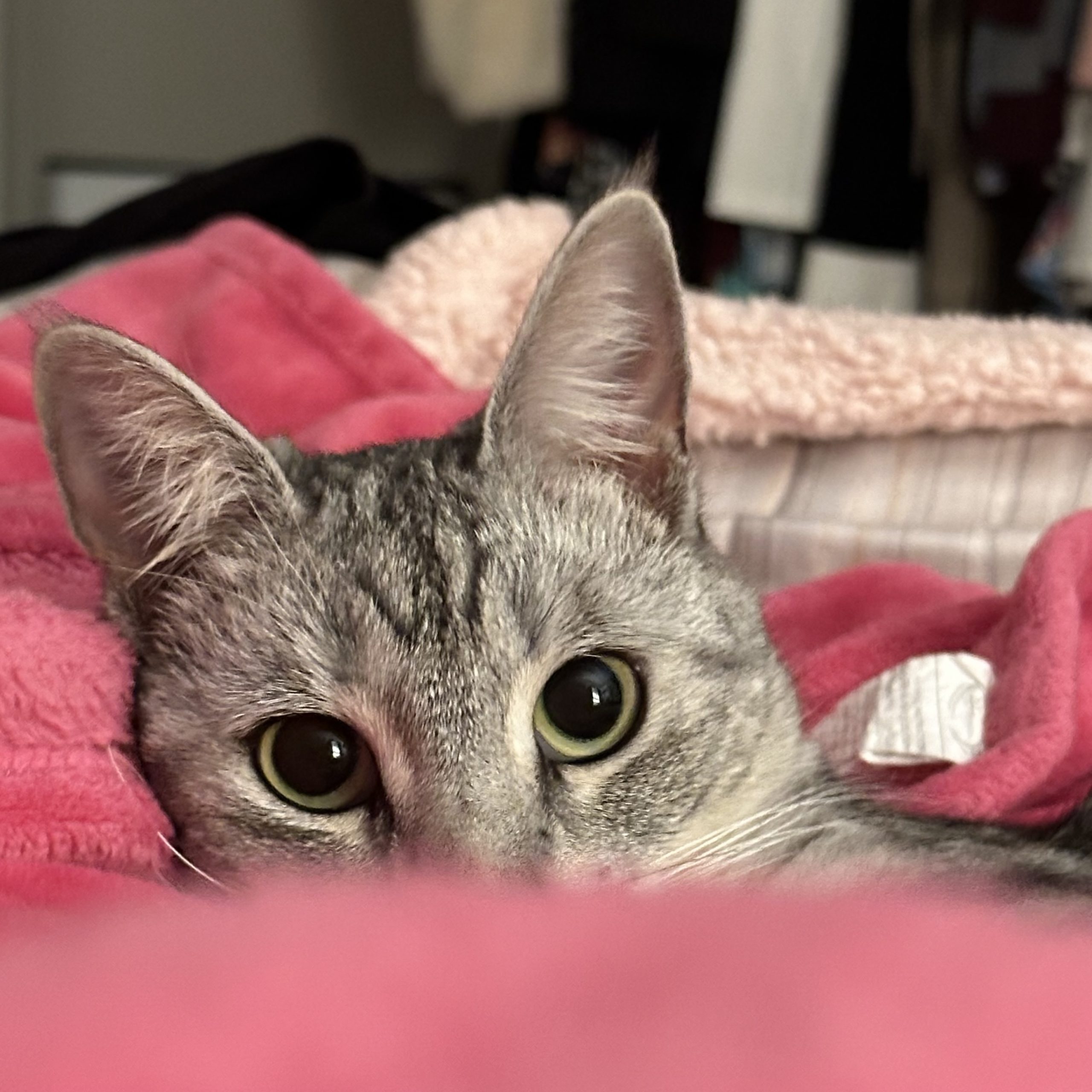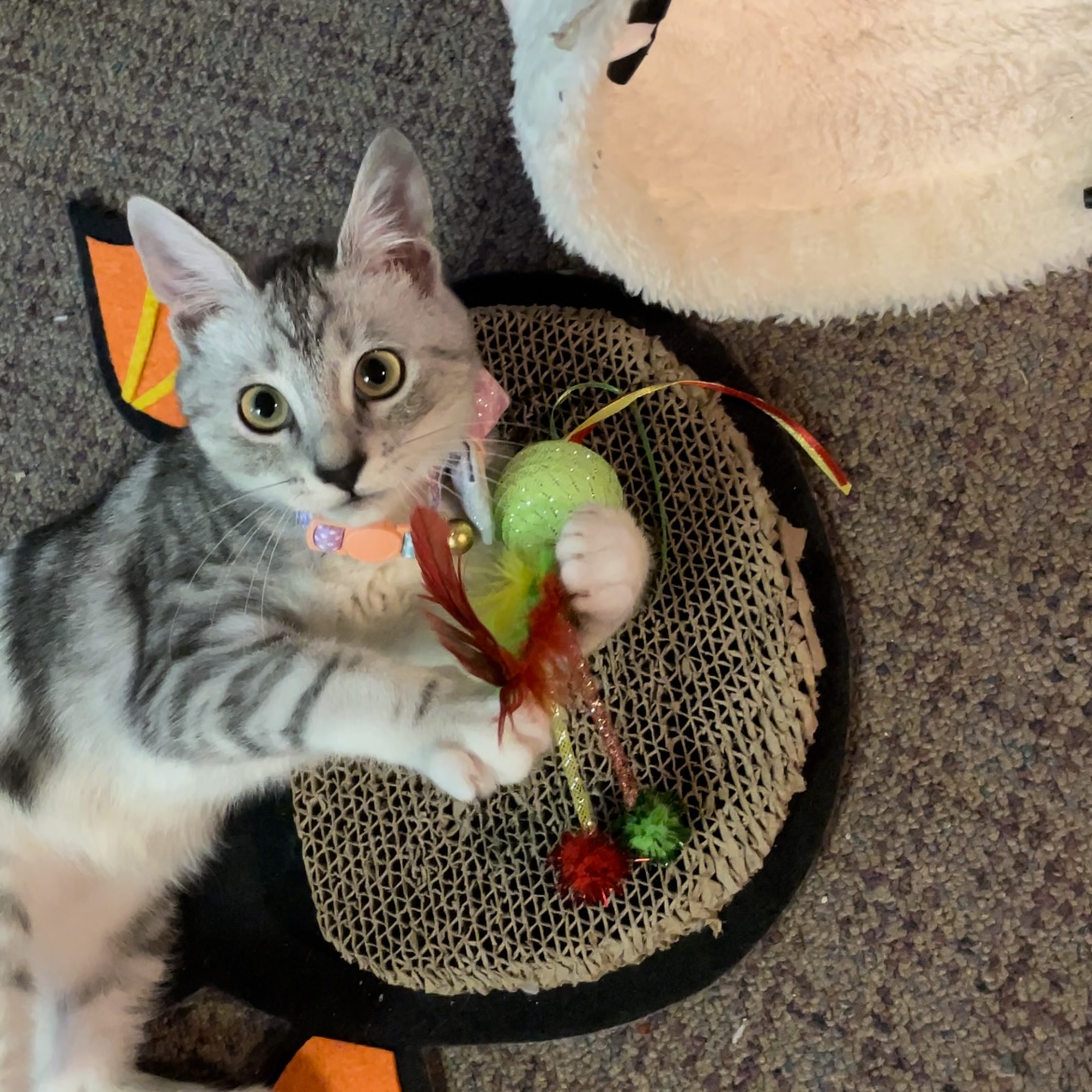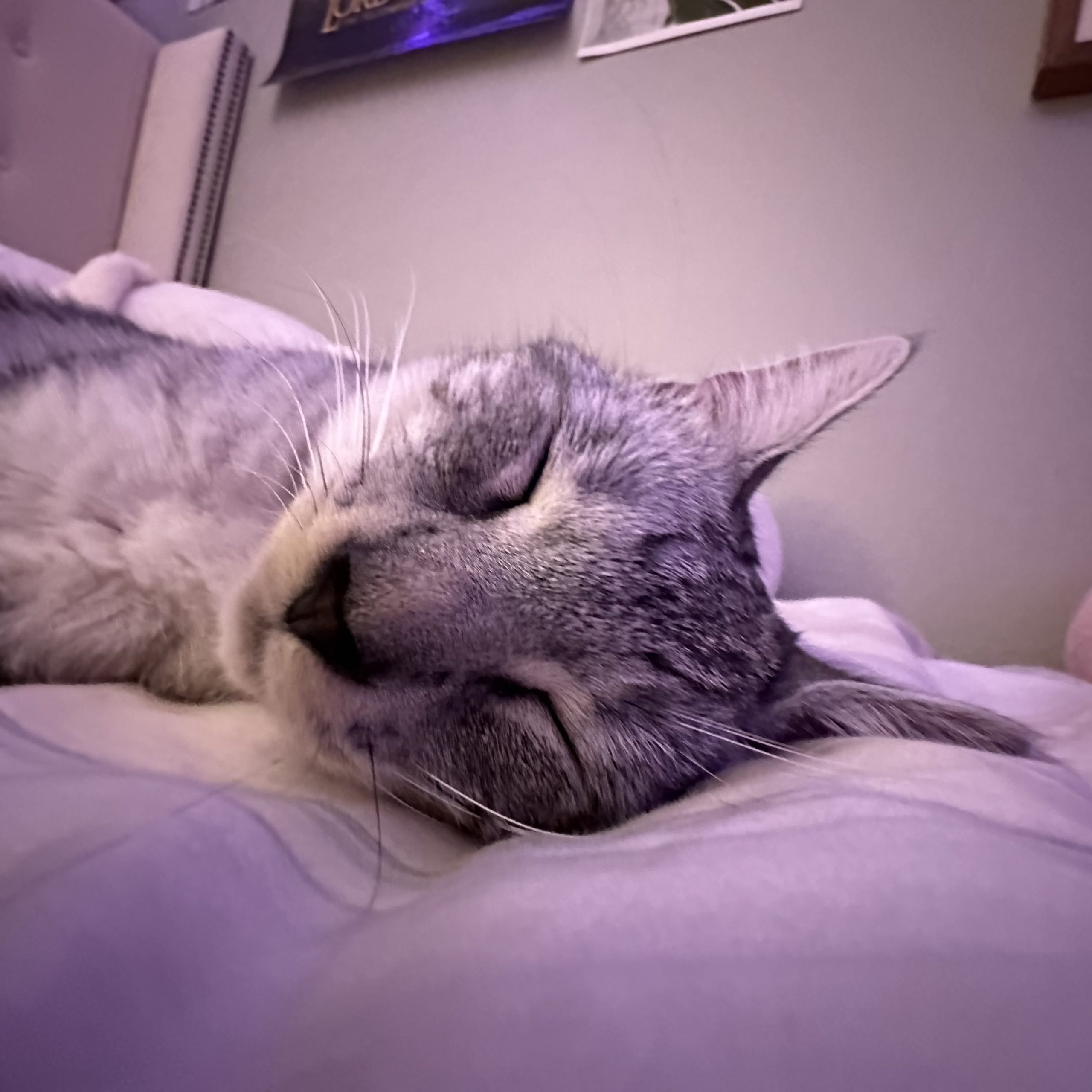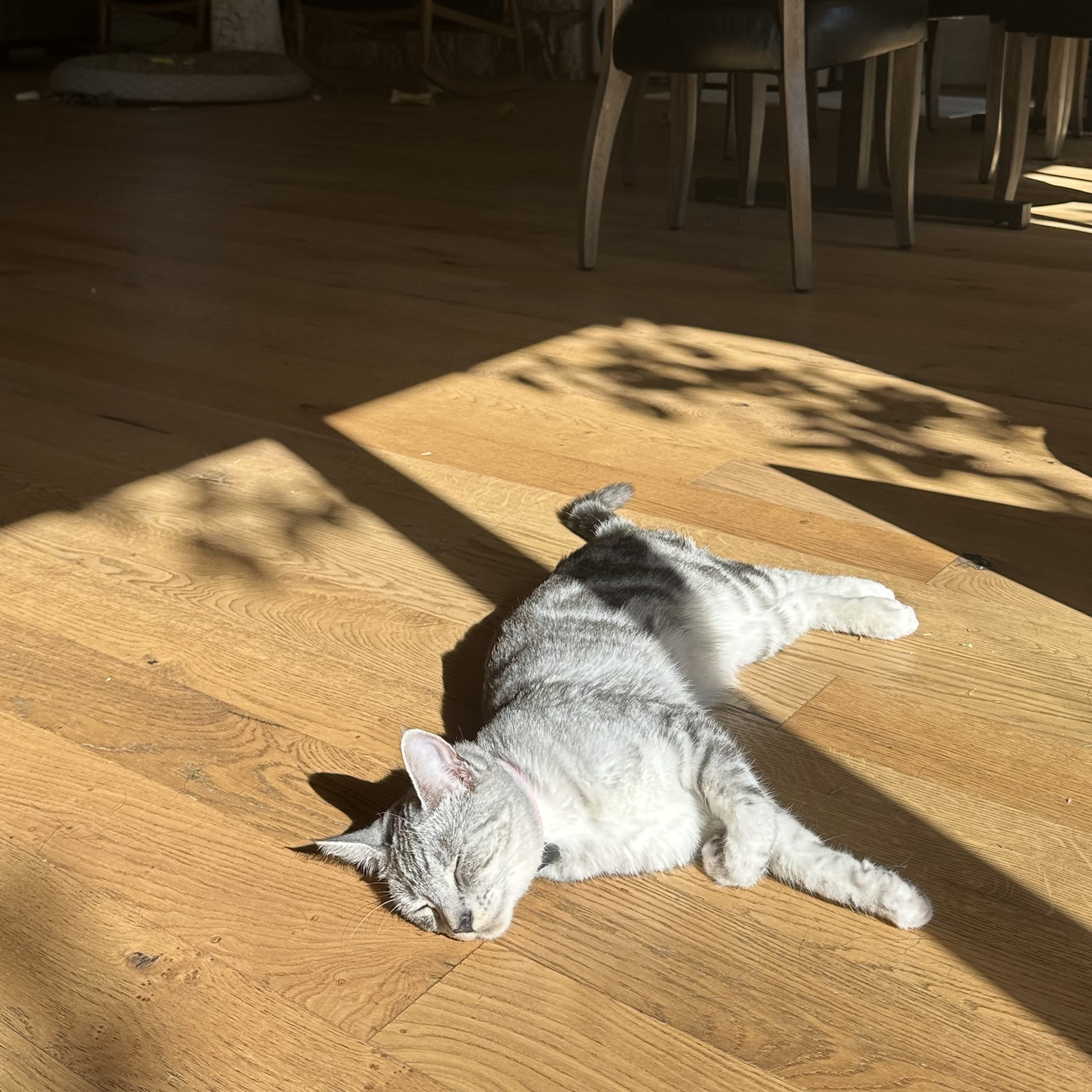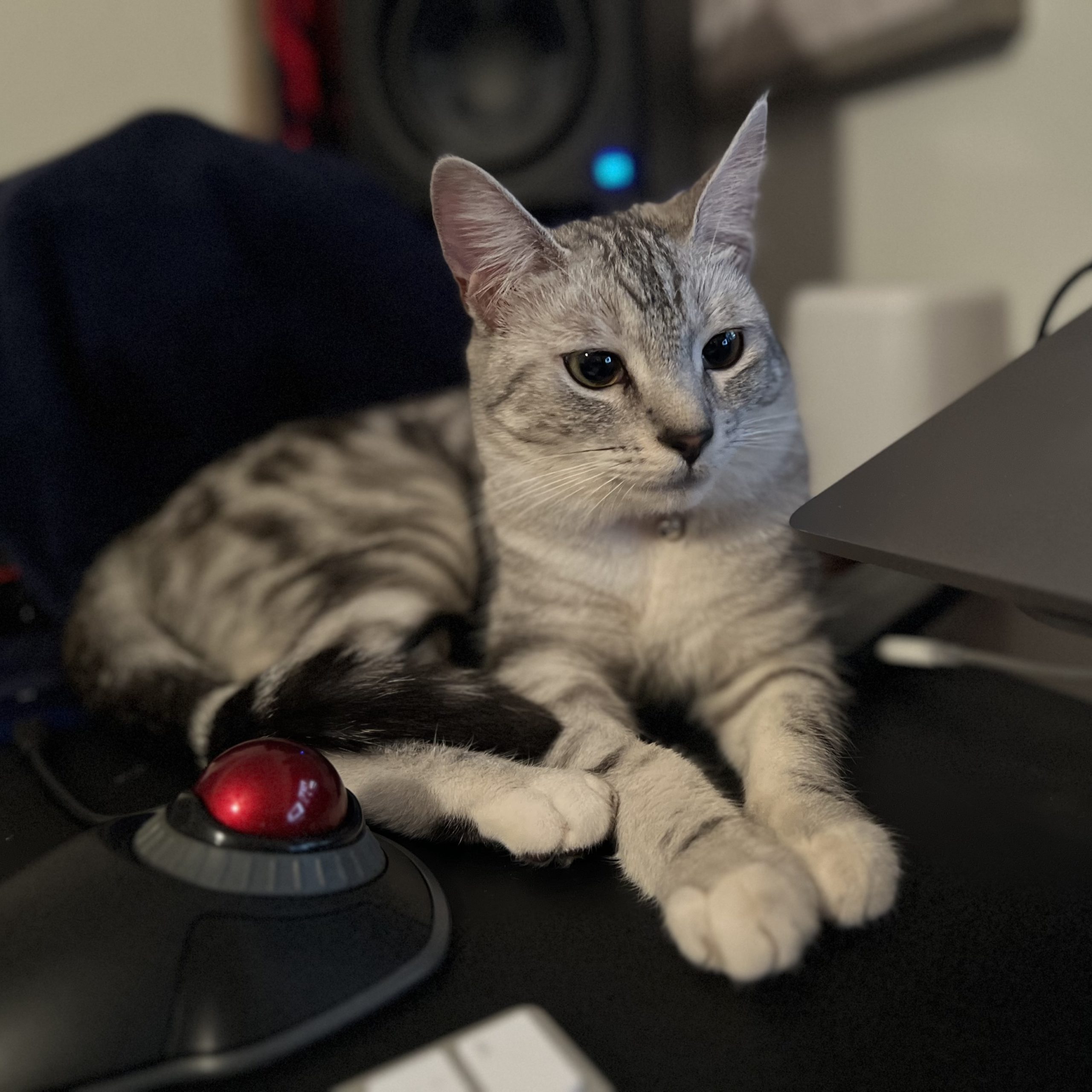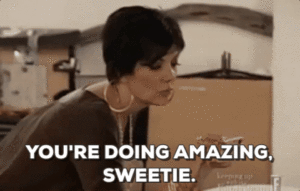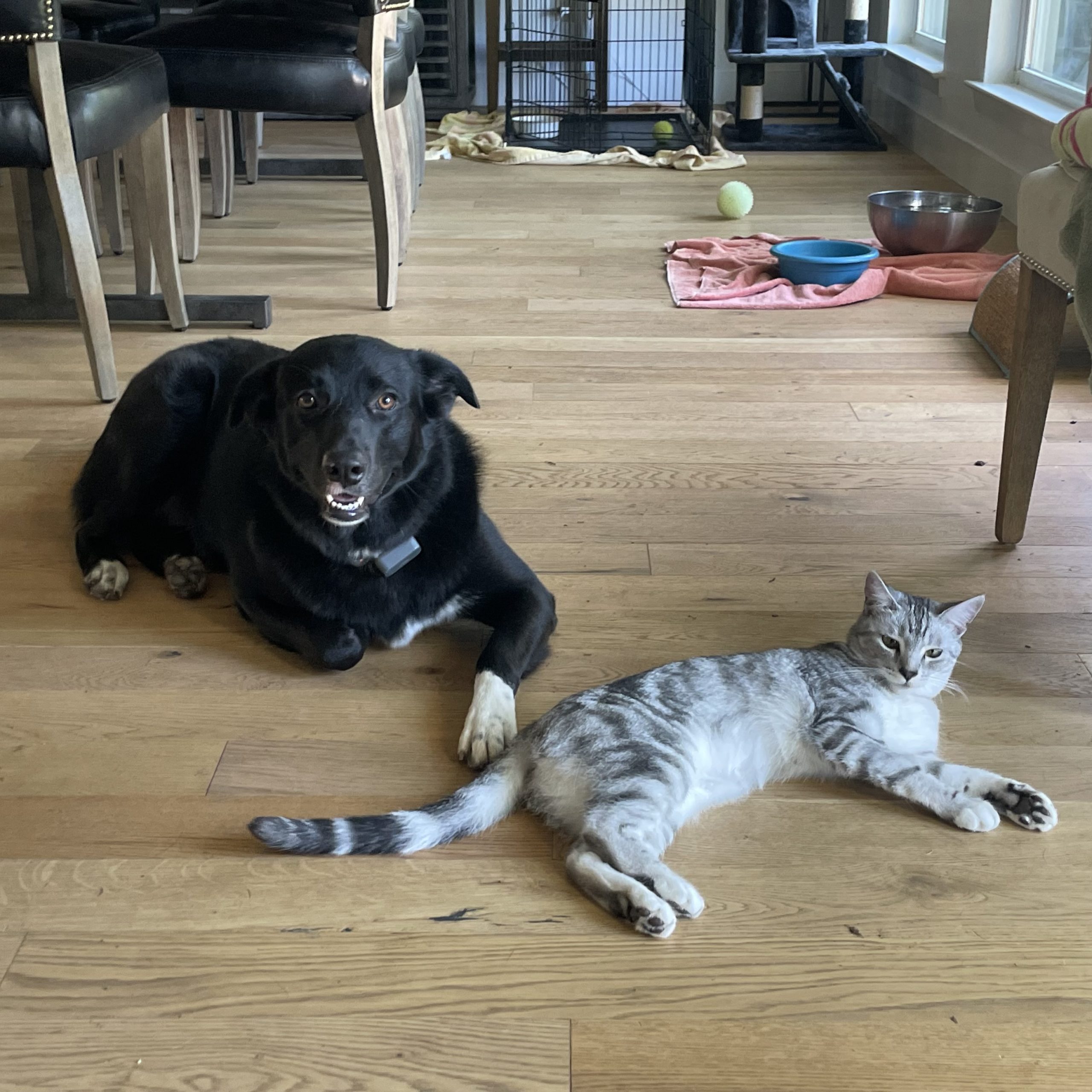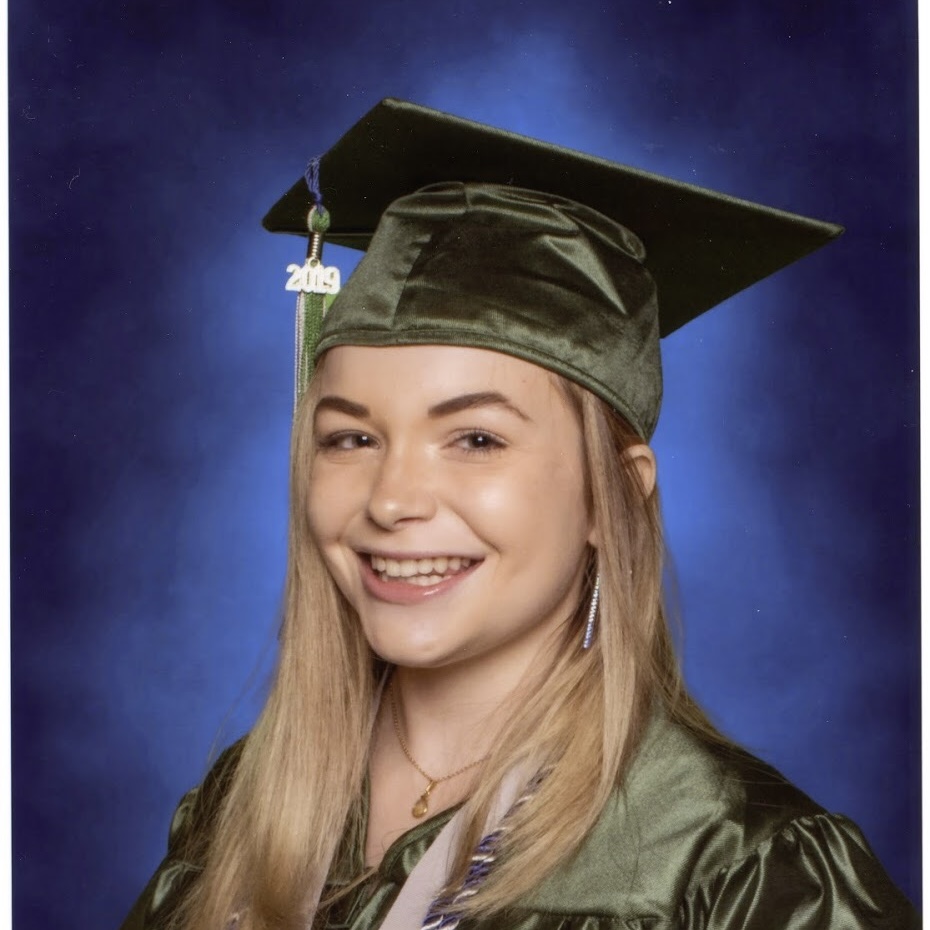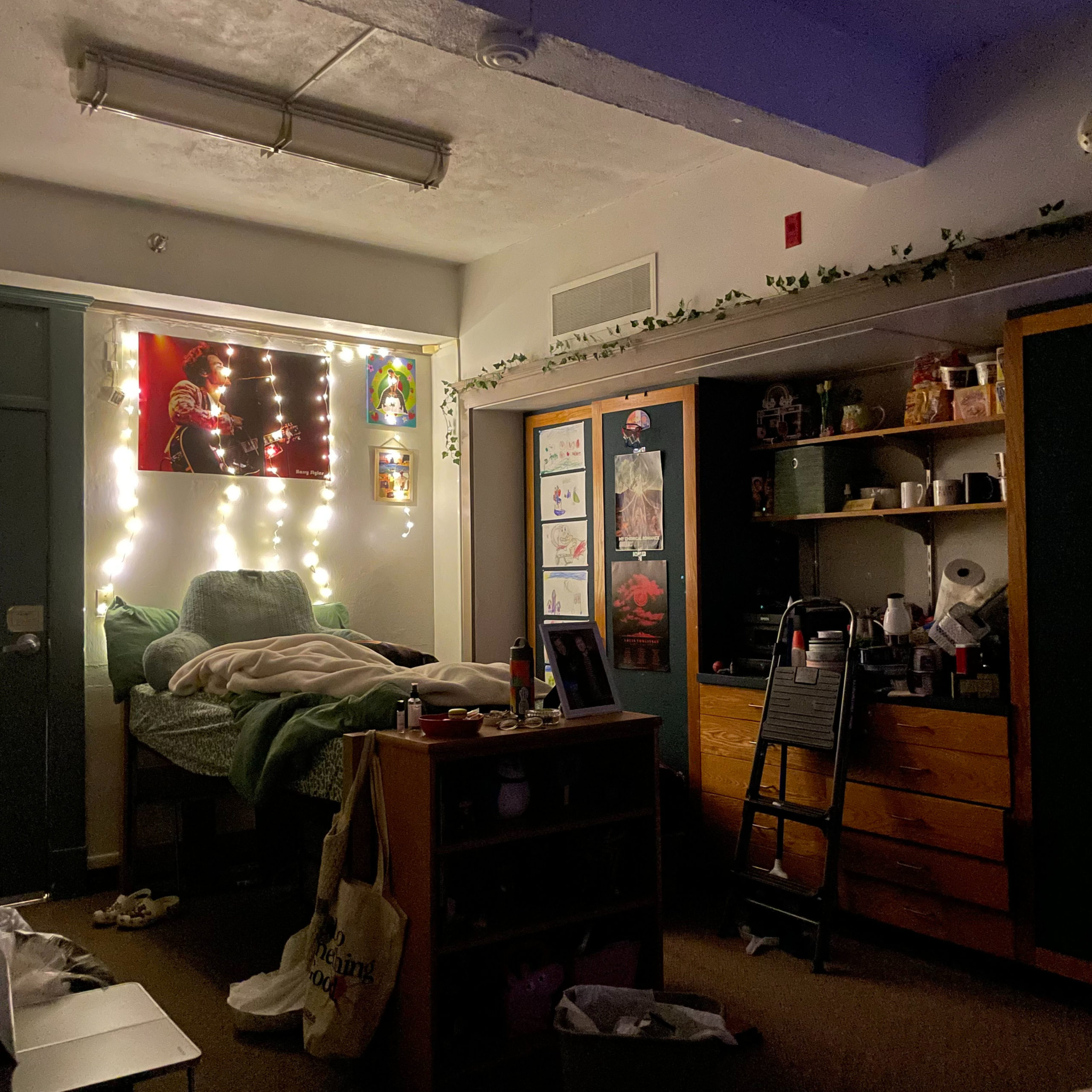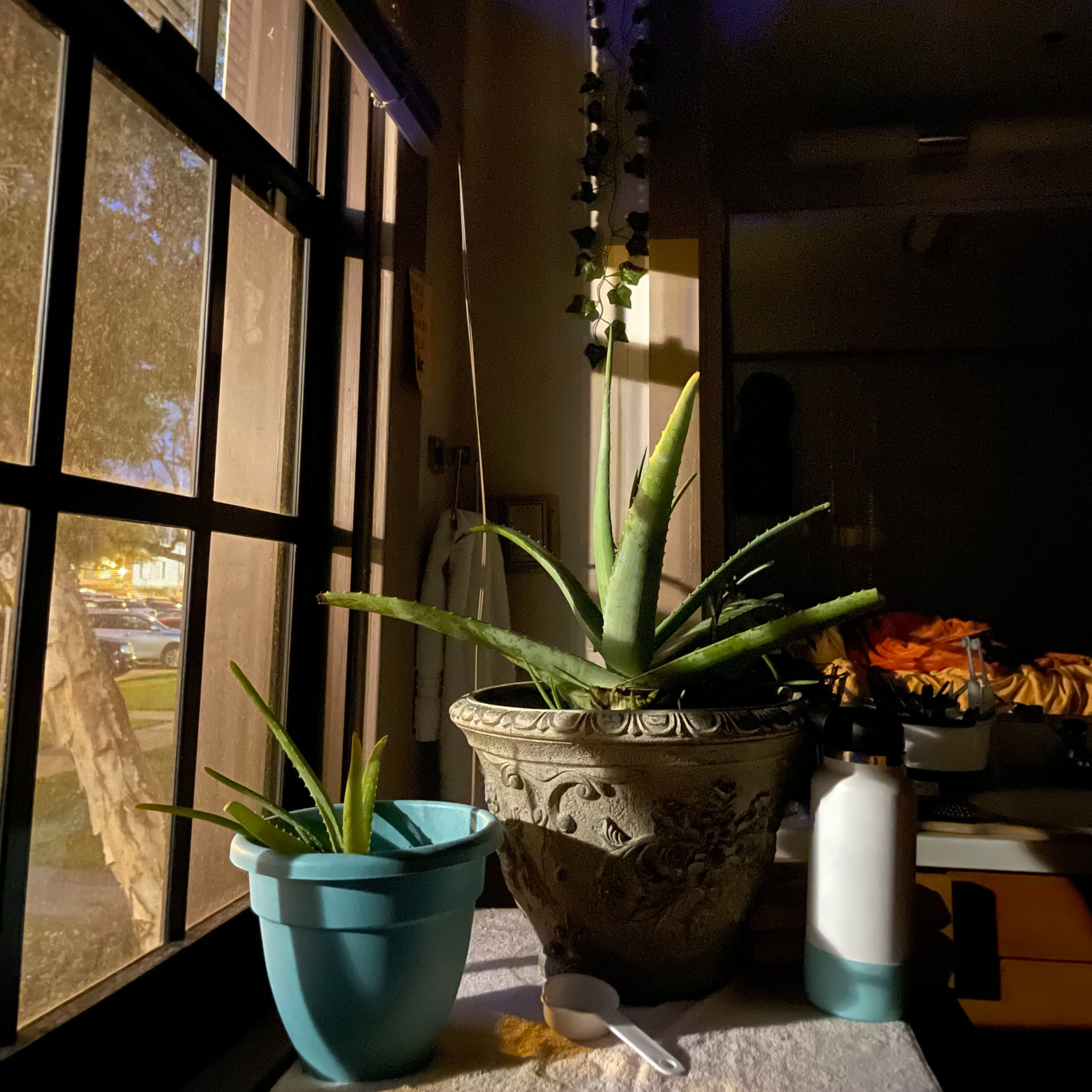During your college application journey, you might stumble across some totally bizarre essay prompts. They’ll catch you off guard at first, but don’t panic! Ya girl Jane is here to let you in on all my essay-tackling secrets.
Weird prompts are actually a blessing in disguise. They may throw you off for a second, but they’re designed to challenge you. It’s an opportunity to show off your personality, vibes, and creativity!
They’re also way more fun than the usual “Tell us your five greatest strengths” or “Why do you want to attend this college?” stuff…
Think of it this way: when an essay prompt is strange or unexpected, the admissions office isn’t looking for some pitch-perfect answer. (Y’all seen that movie? Or am I officially old…😬)
Colleges want to see how you think, how you approach problems, and – most importantly – how you stand out. So lean into the weirdness! Get goofy, get bold, and most of all, get ready to showcase the side of you that doesn’t always come across in traditional essays.
To go along with today’s theme, I’ve interspersed this blog post with goofy photos of dogs. You’re welcome.
Let’s get into it!
1. University of Chicago: What advice would a wisdom tooth have?
The University of Chicago is legendary for its unorthodox essay prompts, and this one is clearly no exception. Of all the prompts I found from this school, this one stood out to me as one of the hardest. Like, girl, I don’t know. Chew?
All right, fine. Let’s personify a wisdom tooth, shall we? It’d be the last one to show up to the party… and it wasn’t even invited in the first place. Then it just lurks around in the background until it finally gets yanked out. Too negative?
Would this tooth offer wise (pun intended!) life lessons about patience, endurance, or acceptance? Or maybe it’s a little bitter about being removed, and it might tell you to speak up before you get sidelined.
How to nail it: Let your imagination run wild with metaphors, besties! Maybe this wisdom tooth represents a milestone in your life, like or outgrowing old habits.
You could even reflect on your own “wisdom” and what advice you’d give to your younger self. Don’t shy away from humor, either! You can play up the drama of the tooth’s removal, or make it a sarcastic life coach for the other teeth.
This admissions office will definitely appreciate a light-hearted approach that also manages to sneak in some insight into your character. The key here is to find a balance: make it entertaining yet meaningful.
2. Tufts University: Kermit the Frog famously lamented, ‘It’s not easy being green.’ Do you agree?
Believe it or not, “It’s not easy being green” isn’t just a meme – it’s also expressing a struggle with identity and belonging.
Such a deceptively simple statement is actually reflecting on individuality, difference, and how we all relate to the world around us. Pretty deep for Sesame Street, y’know?
Kermit isn’t just talking about being a green frog in a world of colorful Muppets. He’s expressing how difficult it can be to embrace your uniqueness when you feel like you’re always blending into the background.
Eventually, Kermit starts to appreciate being green, realizing that it’s part of who he is and what makes him special. (Awww…)
How to nail it: Use this prompt as a springboard to explore your own experiences with self-expression!
Do you relate to Kermit’s original struggle of feeling like you don’t quite fit in? Or maybe you reject that idea and believe it’s a strength to be different. Period!
Whether you resonate with his initial frustration or embrace the beauty of being unique, your essay should tell a story about how you’ve navigated life’s pressures to conform.
The goal is to show that you understand both the difficulty and the power of being yourself in a world that sometimes wants everyone to be the same. It’s not easy being you!
3. University of Southern California: What is your favorite snack?
I know you’re thinking to yourself: “Jane. This is gonna be the easiest essay EVER!” Pump the breaks for a sec!
Now, remember, we’re trying to get into USC, here. They’re not asking why you think Doritos are so tasty. (Where’s my Cool Ranch gang at?)
After all, what does your snack preference have to do with getting into college? They’re asking about you. The admissions team wants to see how you take a seemingly trivial prompt and turn it into something that reflects your personality and/or values.
The trick here is not to get hung up on whether your favorite snack is “impressive” enough. (Although, you can’t tell me that Cool Ranch wouldn’t take the gold in the Snack Olympics). The real question is: What does your choice say about you?
A favorite snack can be a surprisingly effective way to communicate things like your cultural background, personal habits, or even how you unwind after a long day.
How to nail it: I can’t stress this enough: be careful not to overthink this one! (I’m looking at you, my fellow Libras…) You don’t have to choose something exotic just for the sake of it.
The goal is to let this small question offer a window into your life. Maybe your favorite snack is one you discovered in your childhood. Maybe it’s a homemade treat that reminds you of family gatherings or special occasions.
In that case, you could use the snack to tell a story about your roots, family traditions, or even your cultural identity.
On the flip side, if your snack of choice is more modern or unconventional (this is me coming out as a Takis stan), you could discuss how your tastes have evolved with your personality.
Is there a snack that fuels your creativity while studying? Personally, I pretty much lived on dark chocolate for late-night motivation during study sessions.
Ultimately, the snack you choose should reflect you in some way, no matter how simple it might seem.
4. Brandeis University: You are required to spend the next year of your life in either the past or the future. What year would you travel to and why?
Alright, buckle up, Marty McFly! This question is wide open, but it’s designed to see if you can think critically and get a little weird with your answer.
So, where are we going, besties? The Renaissance? Woodstock? A year in the future when we’ve finally colonized Mars? (I wanna go back to 15 minutes ago, just before I ate that PB&J. Mmmm.)
This prompt is a history buff’s fantasy, or a sci-fi lover’s dream come true. You can relive a iconic historical event, or fast-forward to a future where (hopefully) you can have Beyoncé merch delivered by drone.
How to nail it: The point is: your chosen year should say something about you. Maybe you wanna jam out with Mozart because you’re interested in music composition (let me know if he was actually 5’4). Or maybe you’re thinking about hopping into a sci-fi utopia, because you want to help create the technology of the future.
If you’re into social justice, you could jump back to the 1960s and hang out with civil rights legends, like Dr. Martin Luther King Jr. Then you can tie that back to how you want to carry the torch of activism today!
Or, if you’re feeling extra bold, you could write about a future where equality is actually a thing. Bonus points if you describe future you leading a peaceful rebellion to topple some unjust, dystopian government.
Whatever year you choose, make it personal, make it funny, and make Brandeis wish they had their own time machine just to come meet you!
5. University of Notre Dame: You have 150 words. Take a risk.
This prompt is every writer’s dream, besties. The world is your oyster! (At least, 150 words of oyster.)
The reason I included this prompt is because it lies in the heart of what I’ve been discussing in my essay analysis series. If you don’t feel a little nervous before submitting something – and this applies to most things in life, too – you’re leaning too far on the safe side!
Obviously, this is not the time to brag about your accomplishments or puff up the rest of your dazzling resume. You can do that elsewhere. Now’s your chance to step back, take a breath, then jump outside of your comfort zone.
And that’s intimidating! You might consider writing about one topic, then decide it’s too risky. Use your best judgement, but if you ask me, that’s exactly what Notre Dame is looking for.
How to nail it: The essence of surprise is crucial, my Kitelings! We need to surprise the admissions committee with something unexpected.
If you’re feeling poetic, you could turn these 150 words into a mini-masterpiece. Maybe it’s a vivid snapshot of a moment in your life that had a lasting impact. Maybe it’s the time you failed miserably at something, but that failure sparked an epiphany. Whatever it is, make them feel something, even if it’s only for a few paragraphs.
I’m always an advocate for humor, but just remember to avoid the gimmicky “shock value” stuff that doesn’t really say anything. Like writing “I have nothing to say” or leaving it blank (sorry, you’re not the first to think of that).
The goal is to take a meaningful risk that gives the admissions team a fresh perspective on who you are.
As always, just be genuine and go with a risk that resonates with you. What’s something you would be scared to say to your grandma? Write it down! Show ’em that you’re not afraid to stand out – even for just 150 words.
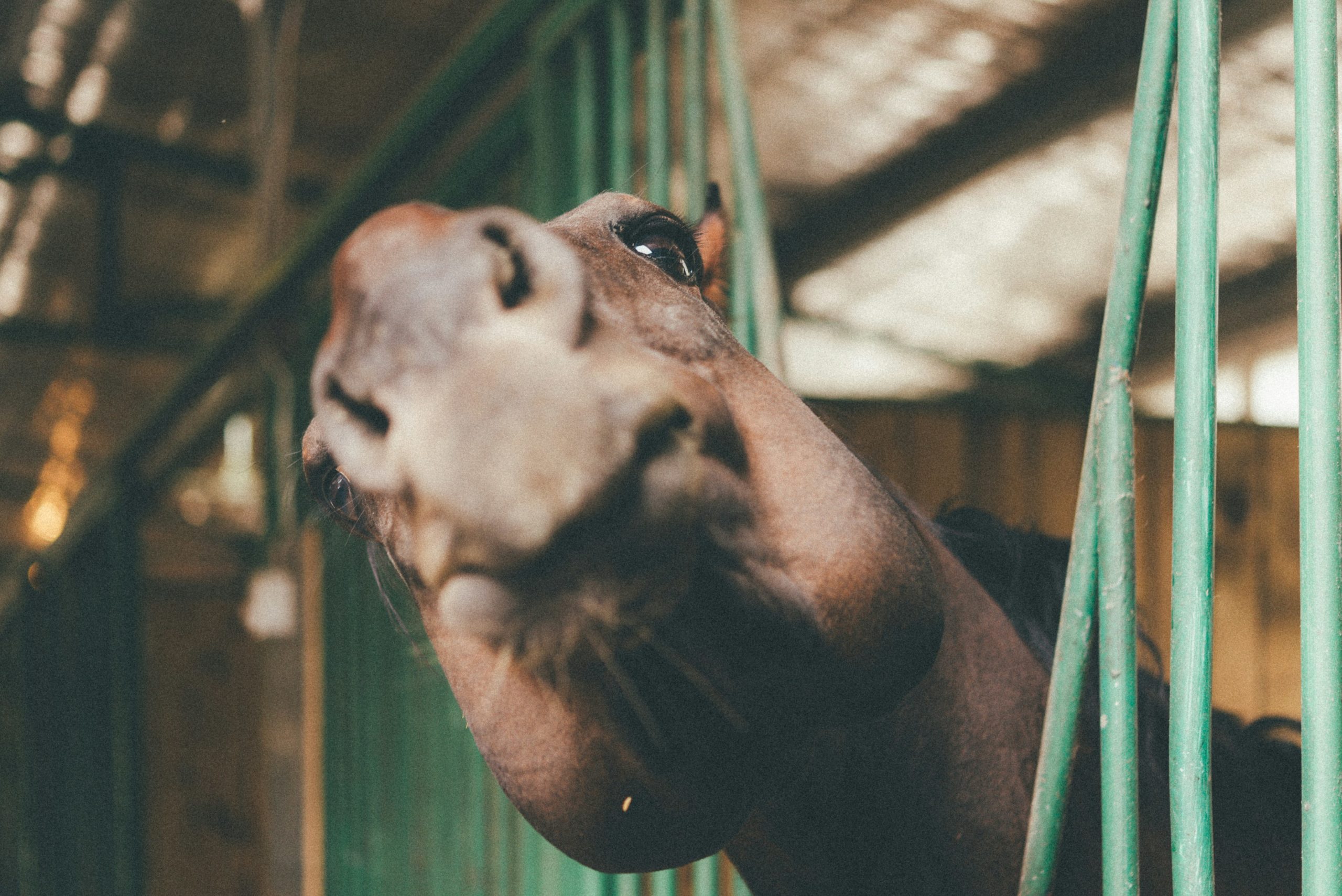
Well, we’ve made it to the end, my Kitelings. I hope you feel a little more prepared to take on all those college apps!
And don’t worry! I’ll be back next week. Also, be sure to sign up for Red Kite for access to over $25 BILLION in scholarships, grants, loans, and more!
www.myredkite.com today!





